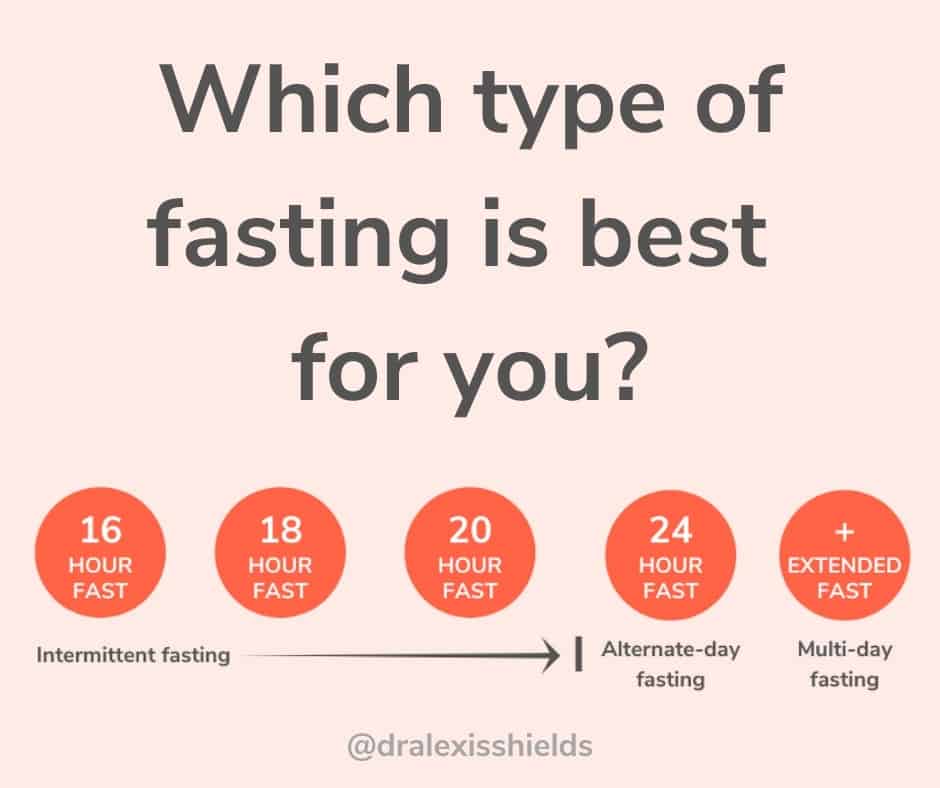Hourly Benefits of Fasting
Fasting has gained popularity in recent years as a health and wellness practice. Many people have found it to be an effective way to improve their overall well-being. In this article, we will explore the hourly benefits of fasting and how it can positively impact your health.
Increased Fat Burning
One of the main benefits of fasting is its ability to promote increased fat burning. When you fast, your body enters a state of ketosis, where it starts using stored fat as its primary source of energy. This can lead to weight loss and improved body composition.
Improved Insulin Sensitivity
Fasting has been shown to improve insulin sensitivity, which is crucial for maintaining stable blood sugar levels. By giving your body a break from constantly digesting food, fasting helps regulate insulin production and reduces the risk of insulin resistance. This can be particularly beneficial for individuals with diabetes or pre-diabetic conditions.
Enhanced Autophagy
Autophagy is a natural cellular process that plays a vital role in removing damaged cells and recycling cellular components. Fasting has been found to enhance autophagy, which can help reduce inflammation, promote cellular repair, and even slow down the aging process.
Boosted Brain Function
Intermittent fasting has been linked to improved brain function and mental clarity. When you fast, your body releases ketones, which are a source of energy for the brain. This can lead to increased focus, concentration, and overall cognitive performance.
Reduced Inflammation
Chronic inflammation is associated with various health conditions, including heart disease, diabetes, and certain types of cancer. Fasting has been shown to reduce inflammation markers in the body, which can help lower the risk of developing these diseases and promote overall health and well-being.
Enhanced Immune Function
Fasting has been found to have a positive impact on the immune system. It can stimulate the production of new immune cells, improve their functionality, and increase resistance to infections and diseases. This can be particularly beneficial during times of seasonal illnesses or when the immune system needs a boost.
Improved Digestive Health
By giving your digestive system a break, fasting can help improve digestive health. It allows the gut to rest and repair, reducing symptoms of bloating, indigestion, and other digestive issues. Fasting can also promote a healthy gut microbiome, which is essential for overall gut health and proper nutrient absorption.

Fasting offers a range of hourly benefits that can positively impact your overall health and well-being. From increased fat burning and improved insulin sensitivity to enhanced brain function and reduced inflammation, incorporating fasting into your lifestyle can be a powerful tool for optimizing your health. However, it’s important to consult with a healthcare professional before starting any fasting regimen, especially if you have underlying medical conditions or are taking medication.
Frequently Asked Questions about Hourly Benefits of Fasting
1. What are the hourly benefits of fasting?
Fasting offers various benefits such as improved insulin sensitivity, increased fat burning, enhanced cellular repair, and reduced inflammation.
2. How long should I fast to reap these benefits?
The benefits of fasting start to kick in after about 12 hours of fasting, and they continue to increase the longer you fast. However, it’s recommended to consult with a healthcare professional to determine the fasting duration that suits your individual needs.
3. Can I drink water during hourly fasting?
Yes, you can and should drink water during hourly fasting to stay hydrated. Water helps in the detoxification process and keeps your body functioning properly.
4. Will fasting for an hour a day help with weight loss?
Fasting for just an hour a day may not have significant effects on weight loss. To achieve weight loss, it’s recommended to follow a longer fasting window, such as intermittent fasting, where you fast for 16-20 hours per day.
5. Are there any risks associated with hourly fasting?
Hourly fasting is generally safe for most healthy individuals. However, people with certain medical conditions, such as diabetes or eating disorders, should consult their healthcare provider before starting any fasting regimen.
6. Can I exercise while hourly fasting?
Yes, you can exercise during hourly fasting. However, it’s important to listen to your body and adjust the intensity of your workouts accordingly. Stay hydrated and fuel your body with proper nutrition after your exercise session.
7. Can hourly fasting help with detoxification?
Hourly fasting can support the detoxification process by allowing your body to focus on eliminating toxins and waste products. However, it’s important to maintain a balanced diet and consume nutrient-rich foods to support your body’s detoxification pathways.
8. Will hourly fasting improve my mental clarity?
Many individuals report improved mental clarity and focus during fasting periods. The absence of constant digestion allows your body to allocate energy towards cognitive functions. However, individual experiences may vary.
9. Can I consume any beverages during hourly fasting?
While water is highly recommended, you should avoid consuming beverages that contain calories or artificial sweeteners, as they can break your fast. Stick to plain water, herbal tea, or black coffee without any additives.
10. Is hourly fasting suitable for everyone?
Hourly fasting may not be suitable for everyone, especially individuals with certain medical conditions, pregnant or breastfeeding women, and those with a history of disordered eating. It’s always best to consult with a healthcare professional before starting any fasting regimen.




